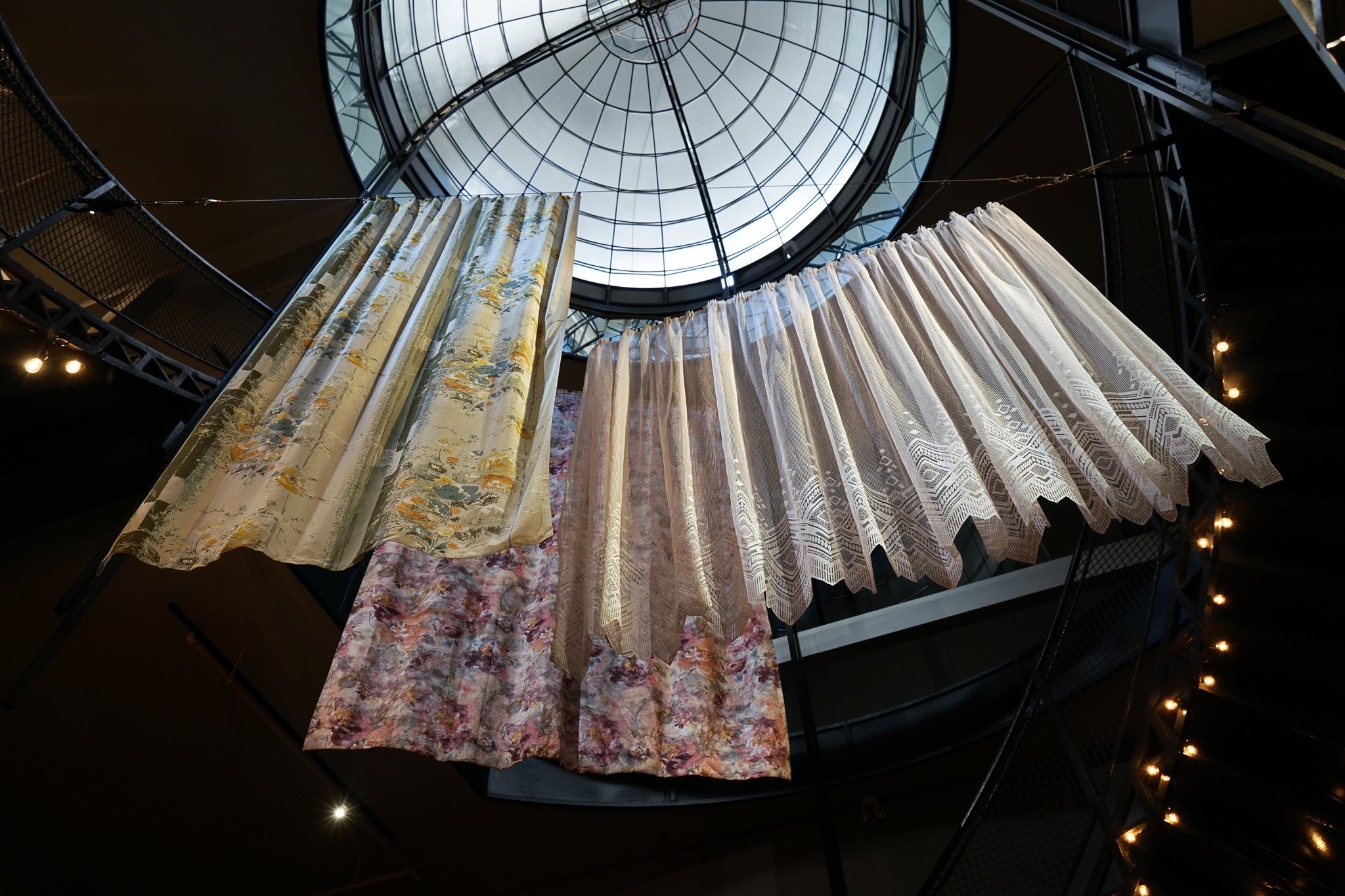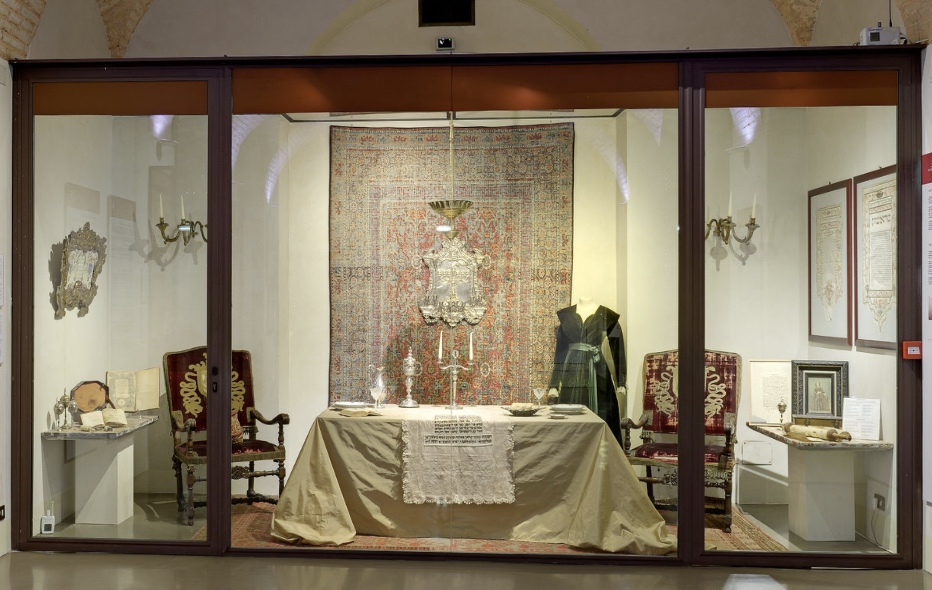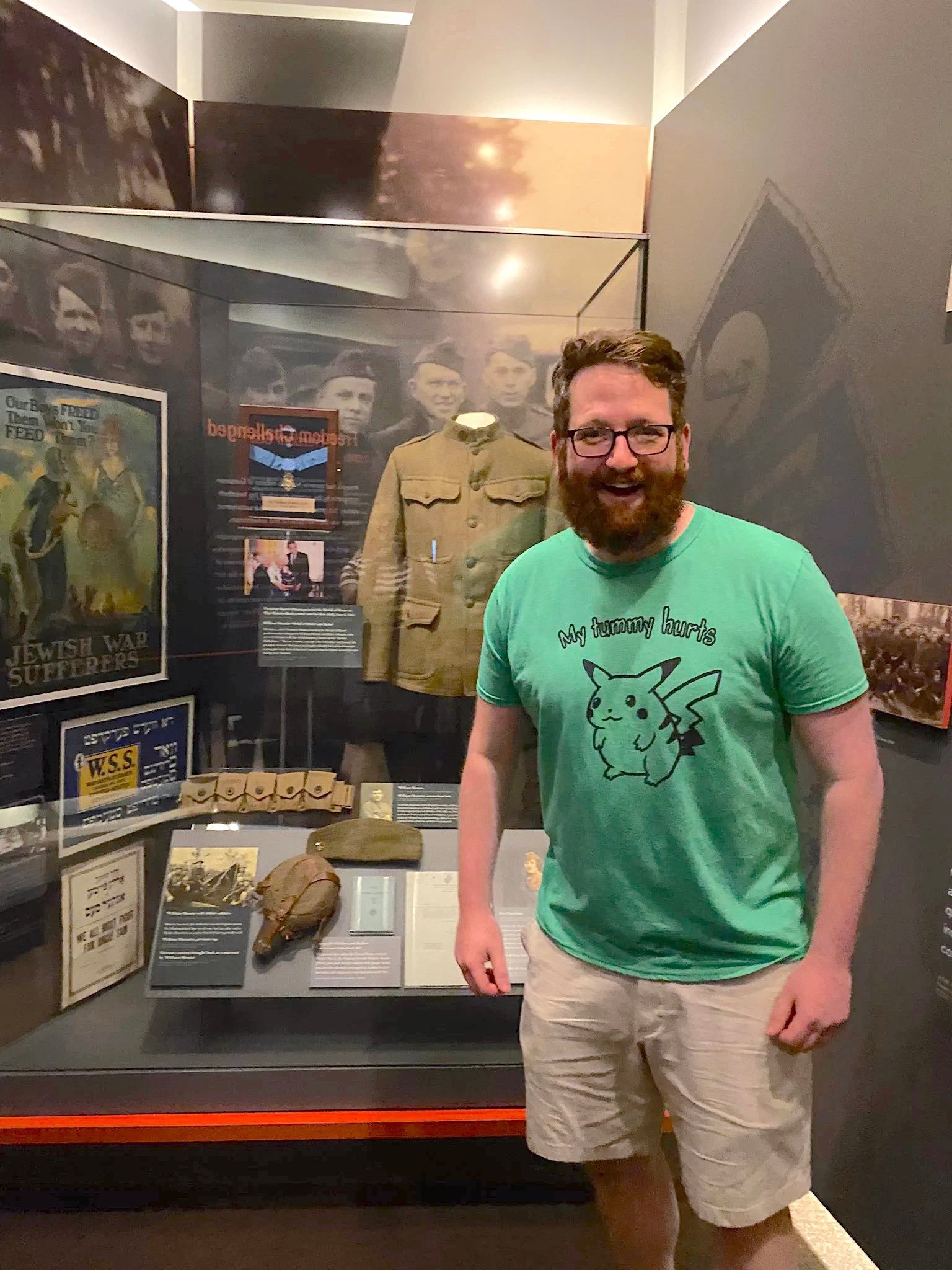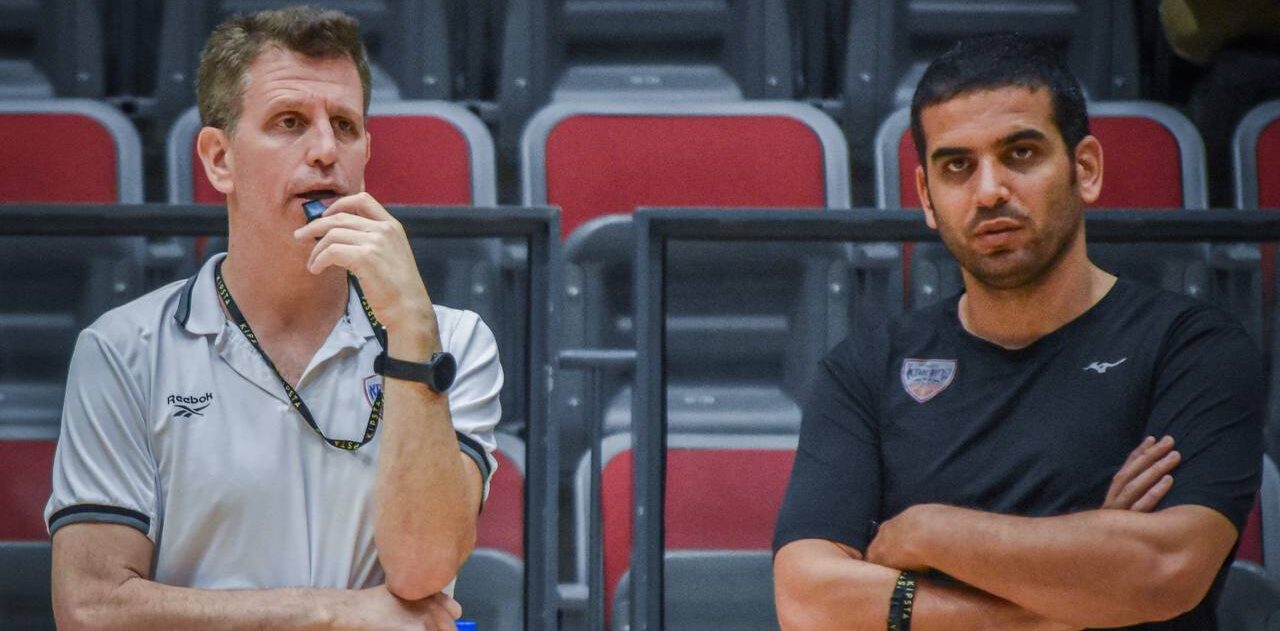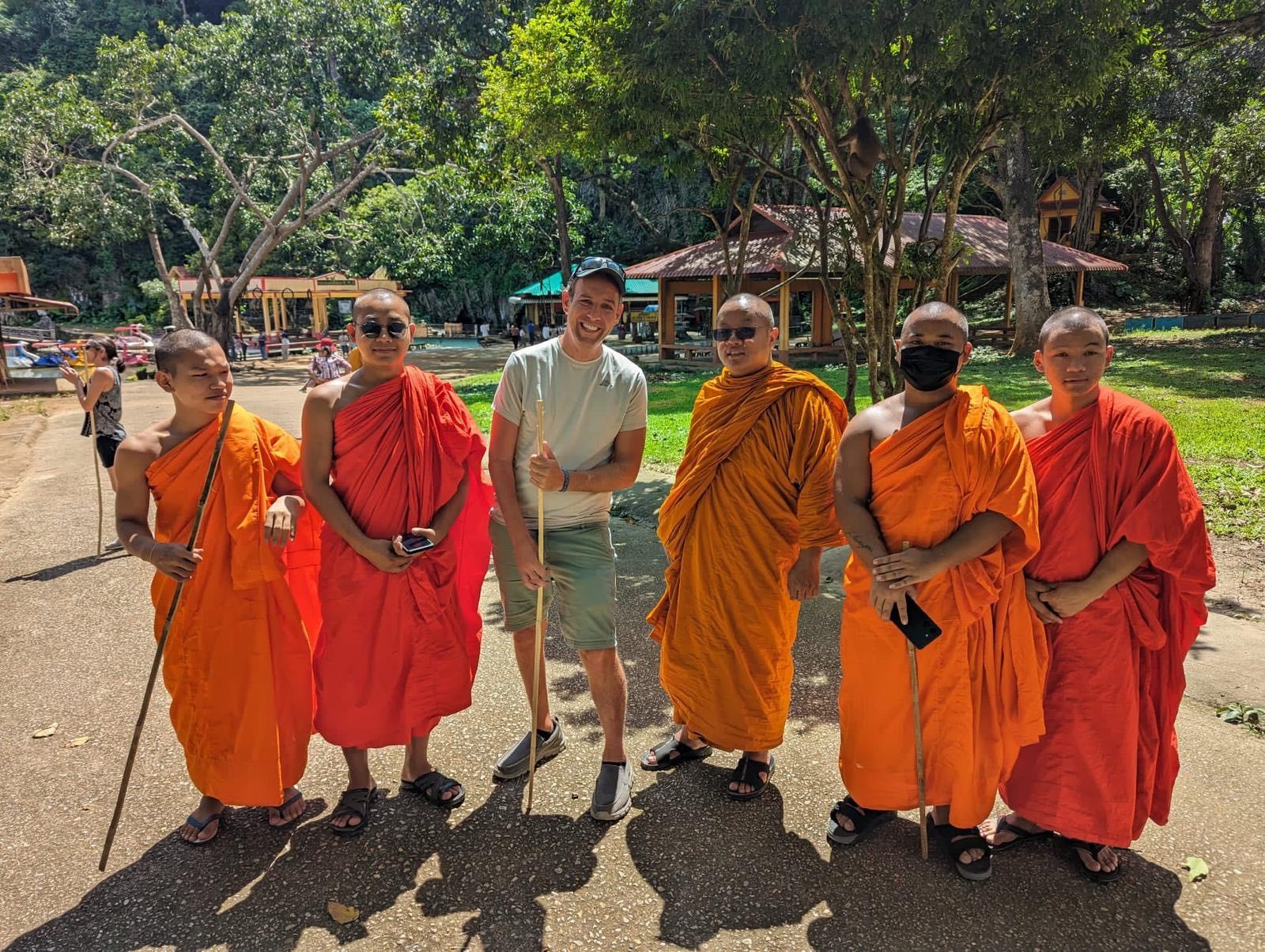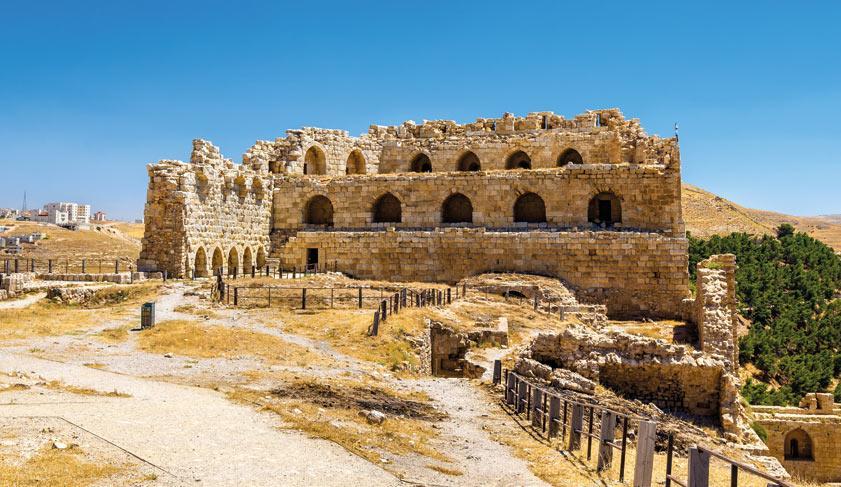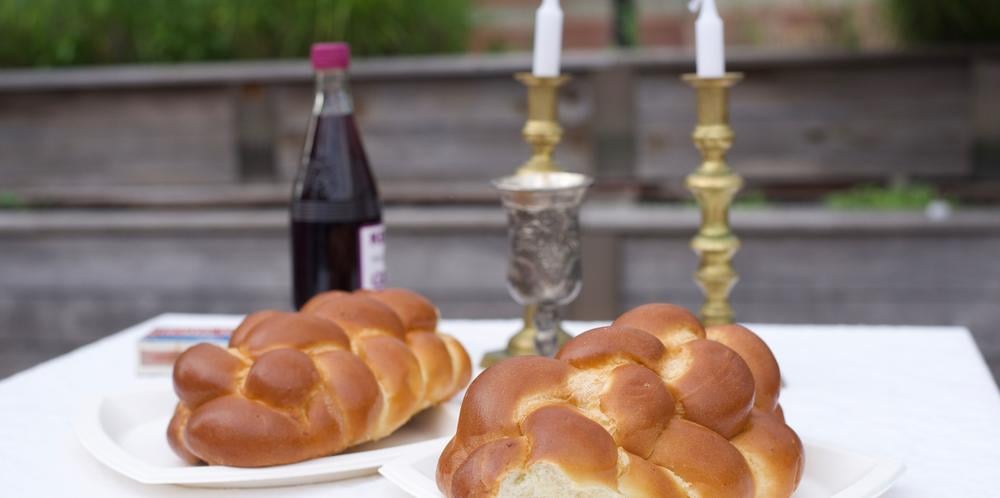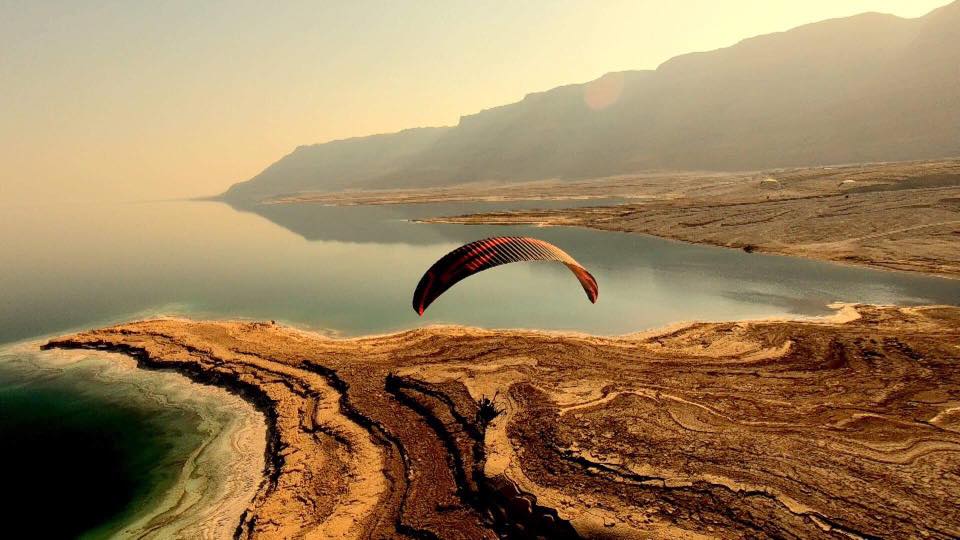A virtual tour of 150 years of Jewish social services in Montreal, including immigration and vocational services, and the Baron De Hirsch Institute established in 1901.
A community-driven project from the beginning, the Museum of Jewish Montreal’s unique story is one tied to its city and people. The Museum of Jewish Montreal was founded in 2010 as a digital project, when our founder Zev Moses realized that no single institution existed to exhibit, map, and share Montreal’s storied Jewish history for the public!
Archives: Directory listings
Directory listings
Delicious Israel Tour
If you are looking to turn your kitchen into a Mediterranean haven, or to learn about the spicy secrets that fuel delicious Israeli cuisine, this session is for you! Together with an English-speaking chef from Delicious Israel, we will explore how the mosaic of ethnic influences shape the modern Israeli kitchen. If you are curious about what it means to eat like an Israeli, let us walk you through how to best use fresh produce, introduce you to special ingredients you may or may not yet know, and teach how to bring out the maximum flavor of your dishes using spices and condiments. The menu is flexible and can be adapted to your needs, whether vegan, Keto, vegetarian, Kosher, gluten free, or any other special requests you may have.
Jewish Heritage of Rome
Take a virtual tour of the Rome Jewish Museum. The Jewish community has been living continuously in Rome for 2,200 years, making it one of the oldest communities outside of Israel. The exhibits on display in the museum date back principally to the ghetto period (1555-1870) and all come from the original ‘Five Synagogues’ building.
American Jewish History National Museum
Welcome to The Digital Weitzman! Explore our virtual tours and online exhibitions, examine artifacts and stories, attend fun and inspiring events, access family activities, and take a deep dive into more than 365 years of American Jewish history all from the comfort of your home. We are proud to be a Best of Philly 2020 winner for “Best Cultural Experience on Your Phone” — scroll down to experience it for yourself!
Sports Rabbi
* Take a behind the scenes tour of a Sports TV Studio* Meet some of Israel’s modern day heroes and greatest athletes
* Sign a Lifetime contract with one of the clubs as a Special Ambassador
* Experience other sports being played in Israel from Handball to Volleyball and everything in between
* Learn about the State of Israel through the lens of Israeli Sports
* See sports as a tool to improve Israeli society, including visits to athletic programs for at-risk youth, special needs children, immigrants and refugees
JIC Events
As a culture of migration takes over the world, it’s vital that Jews are able to stay connected to their tribe. Whether they’re looking for a warm welcome, a network of personal or professional connections, or a lasting relationship, JIC acts as a landing pad to young ambitious Jews around the world.
With four branches around the world, New York, Miami, Tel Aviv and Jerusalem, and connections to Jews everywhere, JIC helps migrating Jews establish themselves in their chosen city through exciting meetups and programs that nurture community, continuity and connection to foster belonging and build meaning.
Best of Israel and Jordan
Journey through the Holy Lands of Jordan and Israel on a 14 day adventure. Experience incredible highlights including UNESCO World Heritage Sites like the rose city of Petra and the Biblical city of Bethlehem, before ending your tour in Tel Aviv where you can enjoy beaches and the Old City of Jaffa.
Yeah That’s Kosher
Founded by Dani Klein in 2008 after an extended trip through Northern Europe, YeahThatsKosher.com is a blog aiding the kosher traveler. Our posts are designed to assist Jewish travelers with unique travel tips & advice as well as personal Kosher restaurant recommendations as they traverse the globe.
YeahThatsKosher.com is an innovative project intended to harness the powers of the social web, bringing together Kosher travelers to share their experiences eating and exploring the world. If you have a kosher travel story or experience, please consider sharing it by writing for YeahThatsKosher.com.
Shabbat Shabbang at the JCC
Shabbat Shabbang is a Friday night dinner designed to welcome our community into our building for a fabulous meal, new friends, and fascinating program offerings. We begin our evening in the lobby sharing appetizers and Shabbat rituals before making our way to our chosen program. Finally, after a delicious dairy meal and signature performances or lectures, we come together again for dessert and coffee. A warm and bright way to begin a weekend. Expect gourmet food, fantastic new friends, and cutting-edge programming showcasing terrific speakers, performers, and cultural events from around the city.
GoKEDEM 10-Days Israel & Jordan All-Inclusive Private Trip
GoKEDEM Premium Adventure tours – Enjoy 10-Day Israel & Jordan unique Cross Country Trip to create Memorable Experiences from overhelming landmarks, reach History , Authentic food and in-person encounters with super inspiring characters. Private – up to 15 travellers ALL INCLUSIVE – upgraded Accommodation , meals in hand picked places, high level tourist transport and 24/7 seasoned tour guide Mixed offroad off the beat trails to Israel most wanted highlight sites- the Negev Craters, Masada & Dead Sea, Old City of Jerusalem the Mysterious Galilee & Volcanic Golan Heights. Learn from first sight about Druze in the Golan ATV experience and by all taste authentic desert food surrounded with a 360 degree panoramic view of the this beautiful Milk & Honey Land. full of wild nature , culture ,and authentic ethnic off the beat encounters . Then cross the border to Jordan to meet the Bedouin of the desert at Petra, surf the canyons of Vadi Rum and relax at Amman and historic Jarash.
